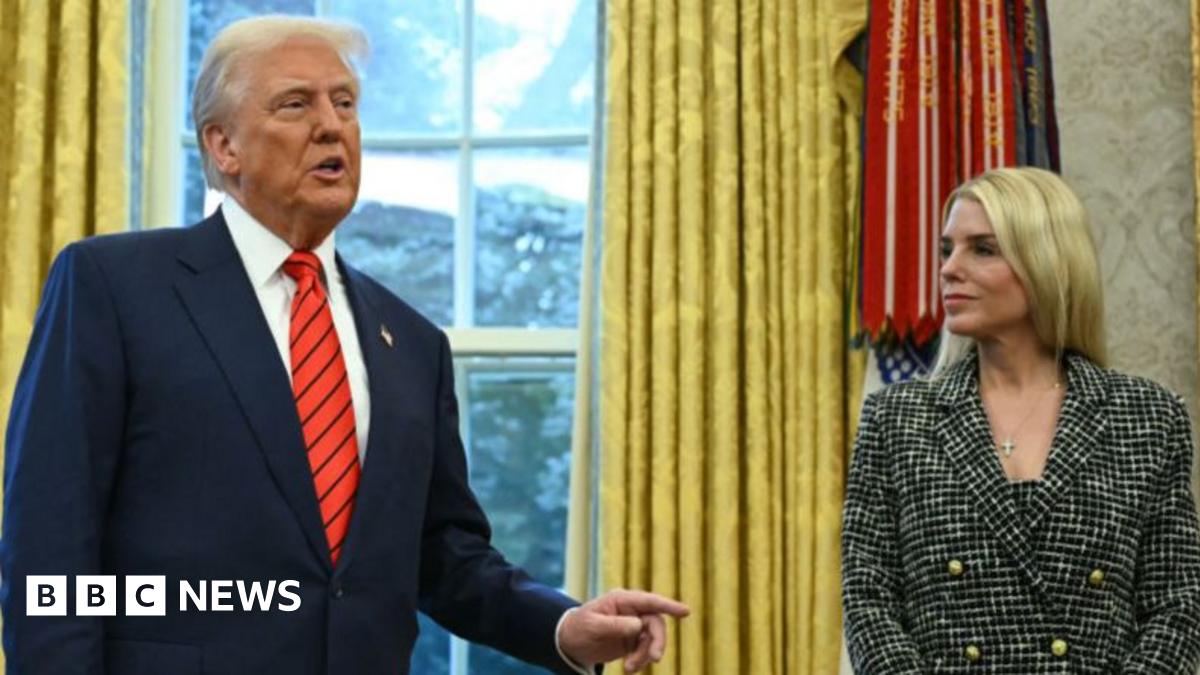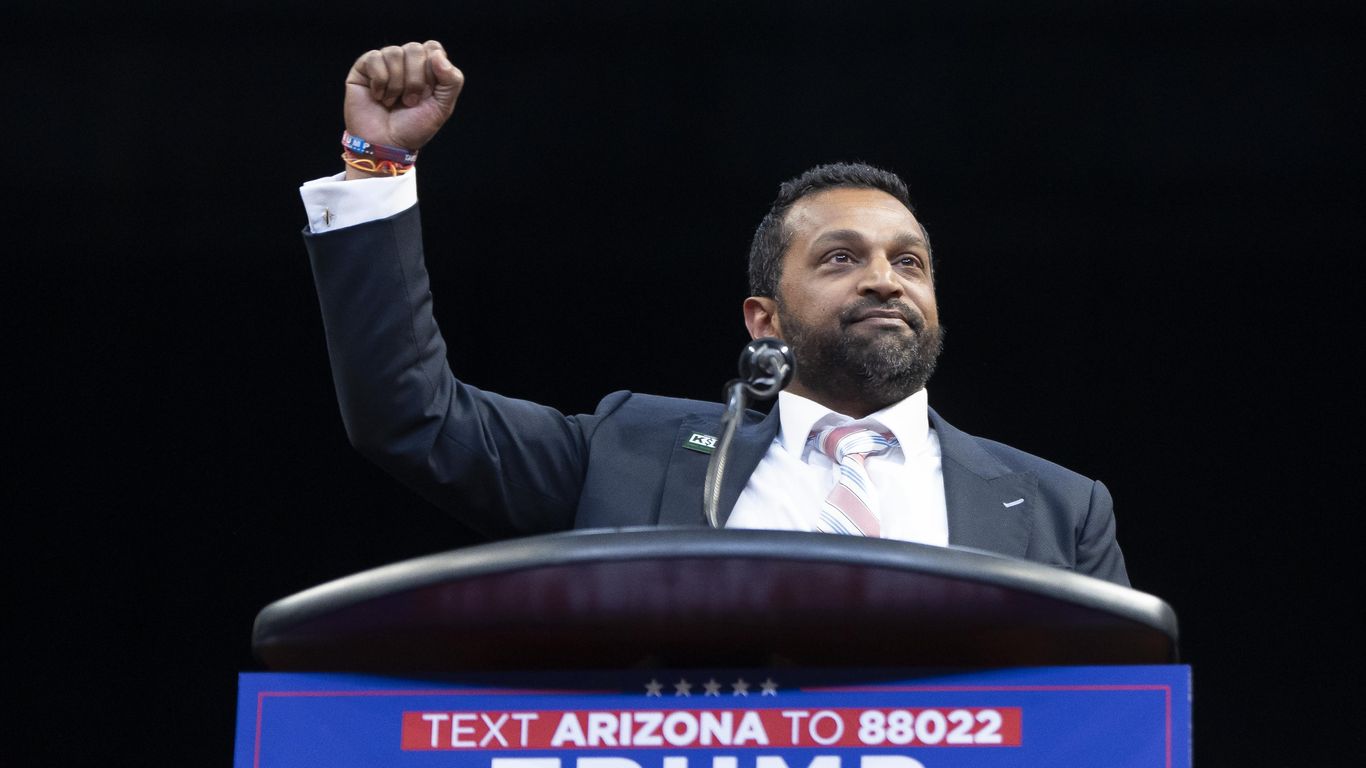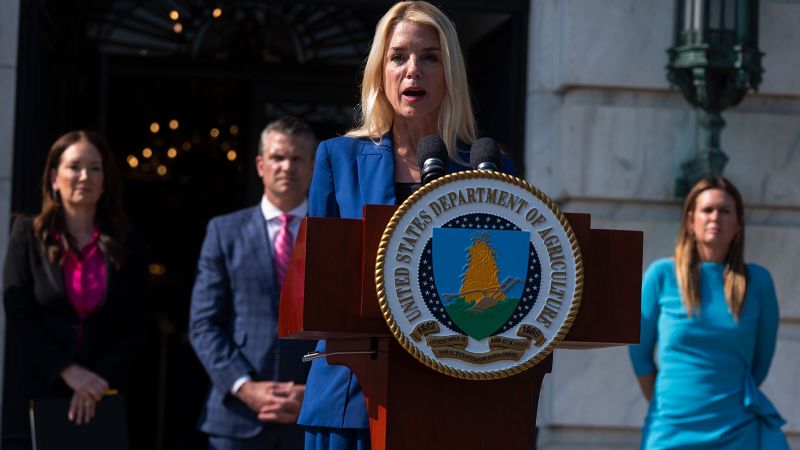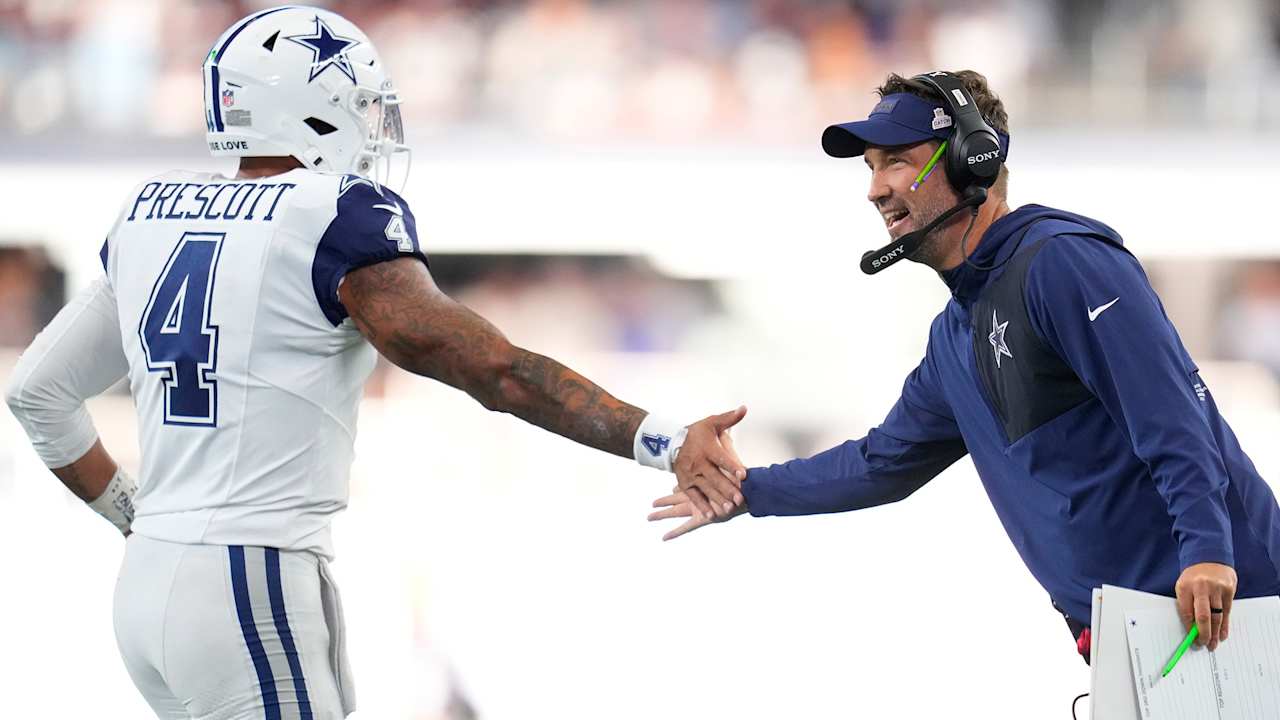Release of Grand Jury Testimony in Jeffrey Epstein Case Sparks Legal and Ethical Concerns
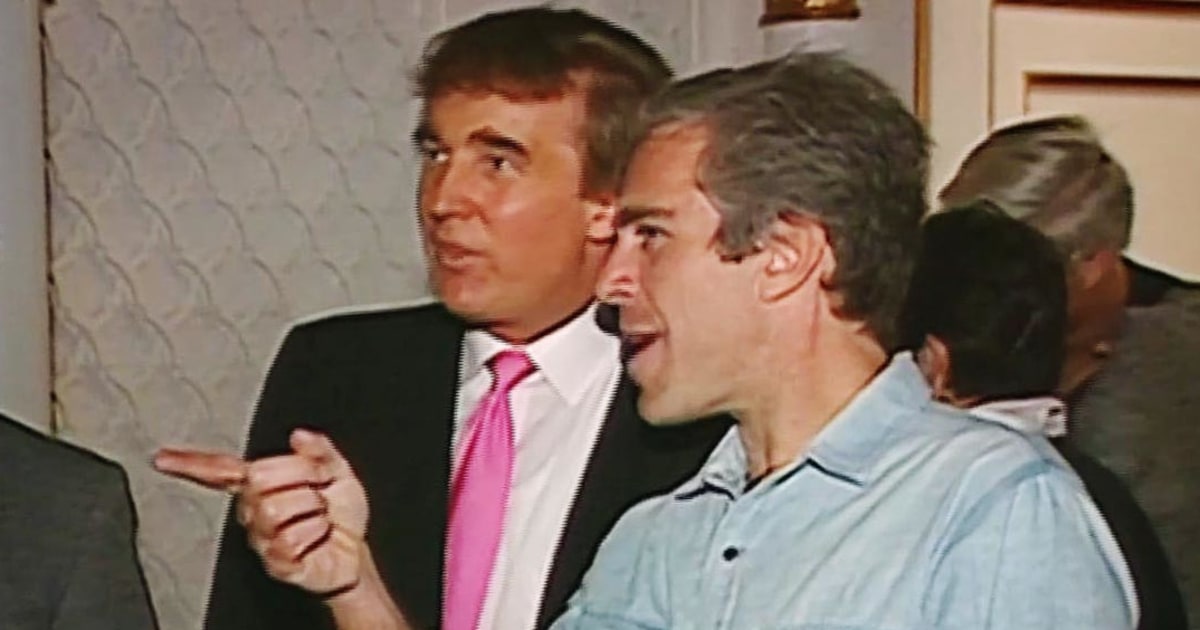
Introduction
President Donald Trump has directed Attorney General Pam Bondi to "produce any and all pertinent Grand Jury testimony" in the Jeffrey Epstein case. This new development could create significant legal and ethical challenges as the case continues to unfold.
Key Details
The request for Grand Jury testimony comes on the heels of Epstein's recent arrest on sex trafficking charges. It's unclear what exactly is contained in this testimony and how it will impact the case. Additionally, it is uncertain if a judge will even allow the release of this sensitive material.
The Jeffrey Epstein case has been under intense scrutiny due to the wealthy financier's connections to high-profile figures, including President Trump and former President Bill Clinton. The release of Grand Jury testimony could potentially reveal more details and connections, leading to further legal and ethical implications.
Impact
If the Grand Jury testimony is released, it could potentially damage the reputations and careers of those involved. It could also raise questions about the integrity of the justice system and the handling of high-profile cases. The release of such sensitive information could also have a significant impact on the ongoing investigations and legal proceedings.
This latest development in the Jeffrey Epstein case highlights the complexities and challenges involved in high-profile legal cases, especially when it involves influential individuals. It also serves as a reminder of the importance of upholding ethical standards in the justice system and ensuring
About the People Mentioned
Donald Trump
Donald John Trump, born June 14, 1946, in Queens, New York, is an American businessman, media personality, and politician. He graduated from the University of Pennsylvania’s Wharton School in 1968 with a degree in economics. In 1971, he took over his family’s real estate business, renaming it the Trump Organization, through which he expanded into building and managing skyscrapers, hotels, casinos, and golf courses. Trump gained widespread fame as the host of the reality TV show *The Apprentice* from 2004 to 2015, which helped establish his public persona as a successful entrepreneur. Trump entered politics as a Republican and was elected the 45th president of the United States, serving from 2017 to 2021. His presidency was marked by significant policy actions including tax cuts, deregulation, the appointment of three Supreme Court justices, renegotiation of trade agreements (notably replacing NAFTA with the USMCA), and a focus on immigration control including border wall expansion. He withdrew the U.S. from international agreements such as the Paris Climate Accord and the Iran nuclear deal, and engaged in a trade war with China. His administration’s response to the COVID-19 pandemic was criticized for downplaying the virus’s severity. Trump was impeached twice by the House of Representatives—first in 2019 for abuse of power and obstruction, and again in 2021 for incitement of insurrection—but was acquitted by the Senate both times. After losing the 2020 election to Joe Biden, Trump challenged the results, culminating in the January 6, 2021, Capitol riot. He remains a central figure in American politics, having won the 2024 presidential election and returned as the 47th president in 2025, continuing to promote policies aimed at economic growth, border security, and military strength[1][2][3][4].
Pam Bondi
Pam Bondi is an American lawyer and politician who currently serves as the 87th Attorney General of the United States, having been sworn in on February 5, 2025. A fourth-generation Floridian from Tampa, Bondi earned a Bachelor of Arts in Criminal Justice from the University of Florida and a Juris Doctor from Stetson University College of Law. She spent more than 18 years as a prosecutor in Hillsborough County, handling cases ranging from domestic violence to capital murder. Bondi was elected Florida’s 37th Attorney General in 2010, becoming the first woman to hold the position. She served two terms from 2011 to 2019, during which she gained national recognition for her efforts to combat human trafficking, opioid addiction, and fraud. In her first legislative session, she led reforms that shut down 98 unscrupulous clinics contributing to the opioid crisis. She also chaired the Florida Statewide Human Trafficking Council and was appointed to President Trump’s Opioid and Drug Abuse Commission. Bondi played a prominent role in multistate lawsuits against pharmaceutical companies and led a legal challenge to the Affordable Care Act. She was a vocal supporter of President Donald Trump, joining the White House Counsel’s Office in 2019 and serving on the legal defense team during Trump’s first impeachment trial. After leaving public office, she became a partner at the lobbying firm Ballard Partners and held leadership roles at the America First Policy Institute. Bondi was nominated by President Trump to serve as U.S. Attorney General following the withdrawal of his initial nominee, and she was confirmed by the Senate in February 2025. Her career has been marked by a focus on criminal justice reform, public safety, and conservative legal advocacy.
Jeffrey Epstein
Jeffrey Edward Epstein (January 20, 1953 – August 10, 2019) was an American financier and convicted sex offender whose life and crimes attracted intense media scrutiny and public controversy[1][3]. Born and raised in Brooklyn, New York, Epstein initially worked as a teacher at the Dalton School in Manhattan before transitioning to a career in finance, joining Bear Stearns and later establishing his own investment firms[1][2]. He managed the wealth of billionaire Leslie Wexner, amassing significant personal fortune and cultivating a social circle that included politicians, celebrities, business leaders, and even royalty[2][3]. Epstein’s professional achievements were overshadowed by criminal allegations. In 2005, police in Palm Beach, Florida, began investigating him after a parent reported he had sexually abused her 14-year-old daughter[1]. Federal authorities later identified dozens of girls, some as young as 14, whom Epstein had allegedly abused[1][6]. In 2008, he pleaded guilty in Florida state court to procuring a child for prostitution and soliciting a prostitute as part of a controversial plea deal, serving nearly 13 months in custody with work release privileges[1][2]. Despite his conviction, Epstein avoided more severe federal charges at the time. In July 2019, Epstein was arrested again on federal charges for sex trafficking minors in Florida and New York[1][2]. While awaiting trial in a Manhattan jail, he was found dead in his cell on August 10, 2019; the medical examiner ruled his death a suicide by hanging[1][3]. The circumstances surrounding his death, including missing and modified CCTV footage, fueled widespread public skepticism and conspiracy theories[1]. In July 2025, the FBI released surveillance footage supporting the suicide ruling, though questions about the investigation persist[1]. Epstein’s case remains highly relevant due to ongoing lawsuits by his victims, investigations into his associates, and the release of thousands of previously sealed documents in early 2024 that renewed public interest in his network and alleged co-conspirators[2]. His former associate, Ghislaine Maxwell, was convicted of related charges, underscoring the lasting impact of his crimes[2]. Discussions about accountability, the influence of wealth and power, and the treatment of survivors continue to shape the public dialogue around Epstein’s legacy[2][5].
Bill Clinton
William Jefferson Clinton, born William Jefferson Blythe III on August 19, 1946, in Arkansas, is an American politician and lawyer who served as the 42nd president of the United States from 1993 to 2001[3]. A member of the Democratic Party, Clinton became the first president from the Baby Boomer generation and the youngest president to serve two full terms since Theodore Roosevelt[3]. He earned a bachelor’s degree from Georgetown University, studied at Oxford as a Rhodes Scholar, and graduated from Yale Law School, where he met his future wife, Hillary Rodham[3][7]. Clinton’s political career began in Arkansas, where he served as attorney general and was elected governor at age 32, holding the office for five non-consecutive terms and earning a reputation for reforming education, health care, and welfare[2][3]. In 1992, he was elected president, defeating incumbent George H.W. Bush and independent Ross Perot, and was re-elected in 1996[3][6]. His presidency is best remembered for presiding over the longest peacetime economic expansion in U.S. history, marked by record job growth, low unemployment, rising home ownership, and the first federal budget surpluses in decades[1][4][8]. Significant domestic achievements include the Family and Medical Leave Act, the Violent Crime Control and Law Enforcement Act, and the ratification of the North American Free Trade Agreement (NAFTA)[1]. His attempt at comprehensive health care reform, led by First Lady Hillary Clinton, failed to pass Congress and contributed to Republican gains in the 1994 midterms[1]. In foreign policy, Clinton helped broker the Oslo Accords between Israel and the Palestine Liberation Organization, the Israel-Jordan peace treaty, and the Dayton Peace Accords ending the Bosnian War[1][4]. He also authorized NATO intervention in Kosovo to halt ethnic cleansing[4][5]. However, his administration faced criticism for its handling of conflicts in Somalia and Rwanda[1]. Clinton’s presidency was marred by scandal, most notably the Monica Lewinsky affair, which led to his impeachment by the House of Representatives in 1998 for perjury and obstruction of justice; he was acquitted by the Senate in 1999[5][6]. Despite the controversy, he left office with high approval ratings[6]. Since leaving the White House, Clinton has remained active in global philanthropy through the Clinton Foundation, focusing on issues such as global health, climate change, and economic development[4]. He continues to be a prominent public speaker and occasional political advocate. There are no major recent events directly involving Clinton as of October 2025, but he remains a significant figure in American political life.


